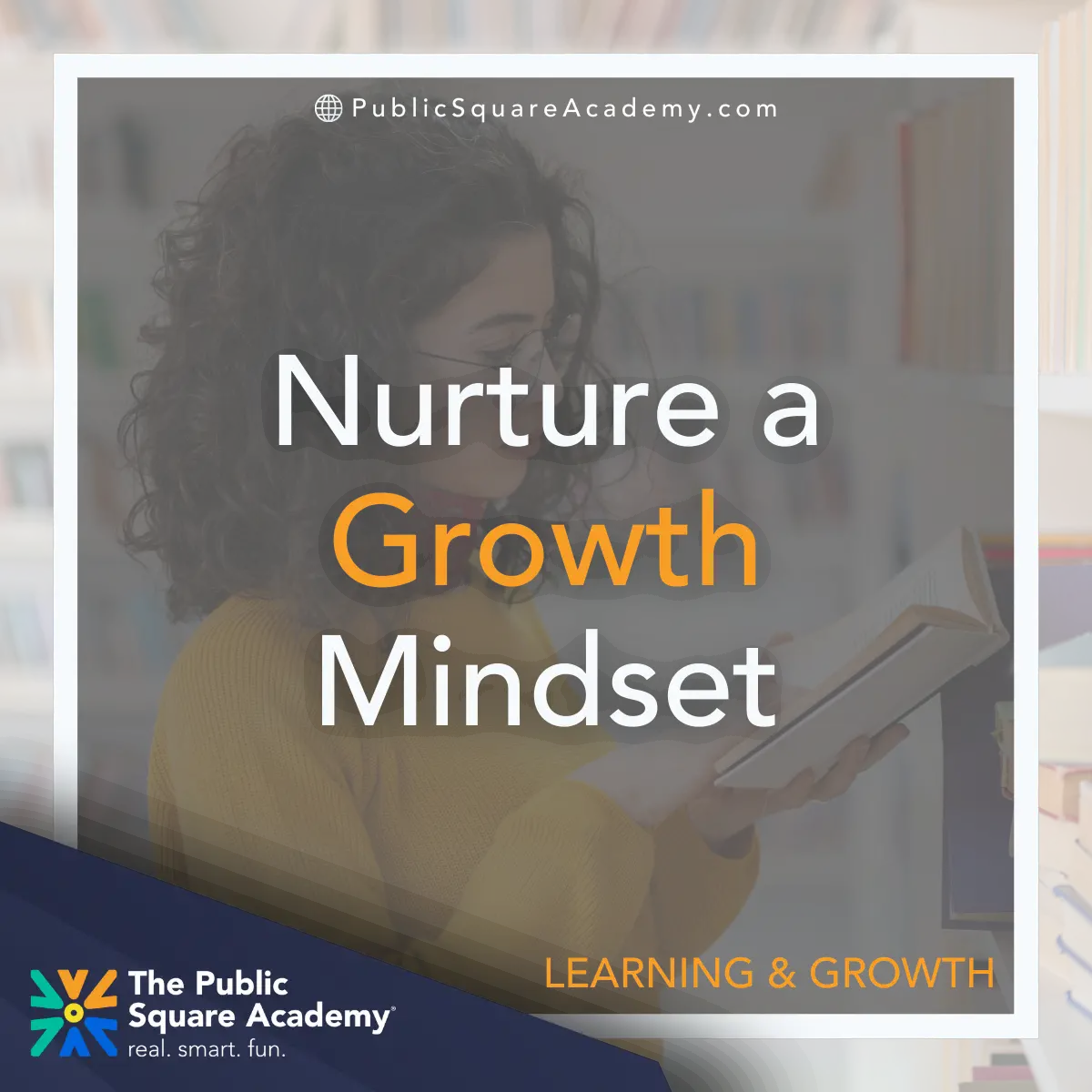Knowledge has to be improved, challenged, and increased constantly, or it vanishes.
– Peter Drucker
The primary elements of personal growth are education, personal development, and lifelong learning. Education is the foundation for the successful lives we provide our citizens through our taxes: skill building, knowledge transfer, and perspective development. The goals of education include academic preparation, training for careers, and the development of citizenship.
Personal development complements academic and vocational education with personal and interpersonal capability. The more complex and competitive our society becomes, the more crucial lifelong learning is for all. Jobs are automated out of existence: what work can be automated will be automated. Differentiating yourself in the job market and participating constructively in civic spaces requires an ongoing commitment to lifelong learning and personal development to advance personally, economically, and socially.
Changing Education Paradigms: Sir Ken Robinson: https://youtu.be/zDZFcDGpL4U
Foundations, principles, and values
We believe all citizens should be broadly educated and engaged lifelong learners. This will lead to informed voters, better political outcomes, and an overall healthier society. Historically (and currently), education is class-based: the wealthy have access to better education, perpetuating a class-based society.
From this perspective, our educational system, though improving, is still rooted in structures developed during the agricultural economy and for a class-based society. We do not have and support equal opportunity for all. School quality is tied to the tax base that funds the School Districts. For example, suppose school revenue is from local property tax. In that case, the schools in areas with higher property values have more funding, attract better teachers, purchase higher-quality books and materials, and provide more and better elective and enrichment programs.
The U.S. education system drives lower-level learning by over-emphasizing standardized testing, delivering primarily academic content over career and civic preparation, and failing to develop students’ critical thinking and soft skills. In our one-to-many classrooms with little meaningful interaction or project-based learning, students develop shallow comprehension and recall, not knowing how to apply their knowledge to real-world problems or advance their lives.
Our society has many self-directed personal development and lifelong learning opportunities. Books, videos, coaches, and specialists abound. Our community colleges offer personal enrichment programs, and the Osher Lifelong Learning program supports our seniors. Online learning organizations such as Udacity, Coursera, and Lynda provide a wide range of topics flexibly delivered at a low cost.
Status: Issues & Challenges
Our education system, particularly at the high school level and above, does not adequately engage or prepare our young adults for self-sufficient, successful lives. School’s KPIs (Key Performance Indicators) are GPA, graduation, and matriculation rates, not “readiness for life.”
Students know this, and this awareness is reflected in their disengagement and misbehavior. Seven in ten high schoolers report feeling bored in schools at least some of the time, with about 30 percent saying they felt bored all or most of the time. Most students who drop out of high school say they could have succeeded with more challenging coursework and engaging classroom experiences, not because it was too hard. According to the U.S. Department of Education, 54% of adults in the United States have literacy skills below the sixth-grade level. How did these people get out of high school? Love of learning suffers, “Roughly a quarter of American adults (23%) say they haven’t read a book in whole or in part in the past year.”
The adult education and development market relies on a DIY model. These all suffer from public schools’ lower-level learning models but without accountability to drive completion. Course completion rates are improving but are awful, and if you look for any efficacy claims – the effectiveness of these programs – you won’t find them.
Program Opportunities
The PSA will educate, empower, and engage people to be lifelong learners engaged in regular personal development. We will advocate for educational programs to nurture more self-directed learners while demonstrating our educational models’ value in the marketplace.
Suggestions for action:
- Start a study group for any personal development discipline that appeals to you.
- Develop a critical thinking course and workshop
- Develop workshops to teach soft skills.
- Develop an expert group to foster thought leaders
- Teach the art of revision.
- Join our expert group in Education.

